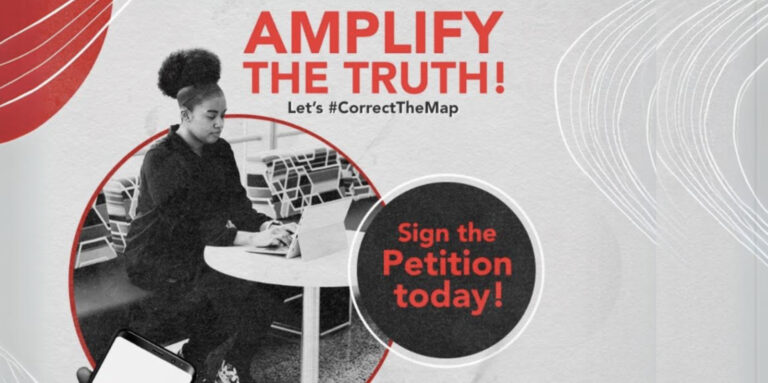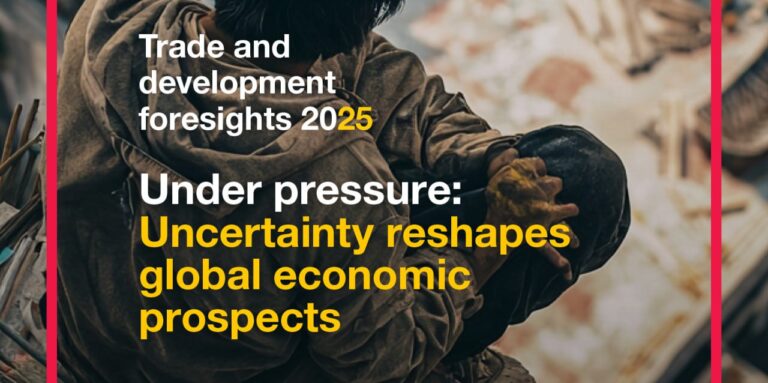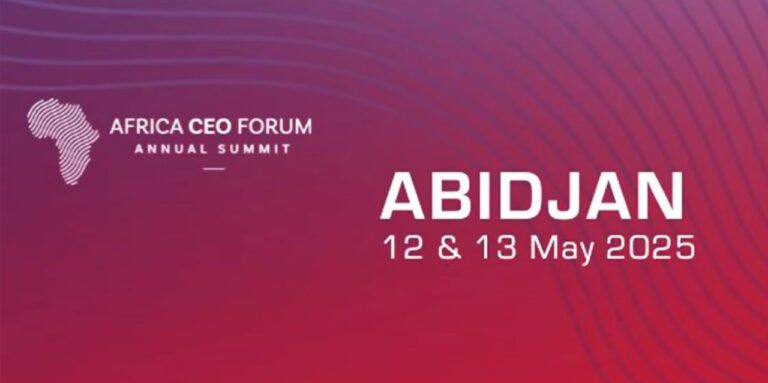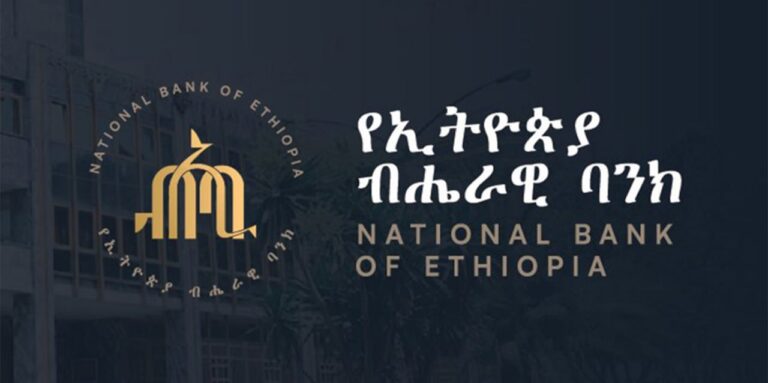A groundbreaking campaign, “Correct the Map,” has been launched by Africa No Filter and Speak Up Africa to challenge the long-standing misrepresentation of Africa on world maps. The initiative seeks to correct the distorted view of Africa’s size and significance, which has been perpetuated by the widely used Mercator map projection.
The Mercator projection, created in the 16th century for maritime navigation, artificially enlarges regions near the poles while shrinking those near the equator, such as Africa. This distortion makes Africa appear much smaller than it actually is, often depicted as similar in size to Greenland, despite being 14 times larger. This misrepresentation has profound implications for how Africa is perceived globally, influencing decisions in education, policy-making, and economic development.
The “Correct the Map” campaign calls on international organizations, including the UN, World Bank, and BBC, to adopt more accurate map projections like the Equal Earth map. This initiative invites institutions, educators, and media platforms to pledge their commitment to using maps that depict Africa’s true size through a global petition and campaign charter.
Moky Makura, Executive Director of Africa No Filter, emphasized that Africa’s misrepresentation is not just a cartographic error but a narrative issue. “By reducing the size of Africa, we are subconsciously downplaying its importance,” she said.
Yacine Djibo, Founder and Executive Director of Speak Up Africa, added, “Decisions about Africa—economic, political, and developmental—are being made using a false reference point. We need the world to see Africa as it truly is.”
The campaign argues that the world cannot afford to continue making decisions based on a 400-year-old distortion. By adopting more accurate map projections, the initiative aims to promote a more balanced understanding of Africa’s role in the world.
As the campaign gains momentum, it is expected to influence not only how maps are used but also how Africa is perceived and valued in global discussions. The success of this initiative will depend on widespread support from institutions and individuals committed to a more accurate representation of the world.






